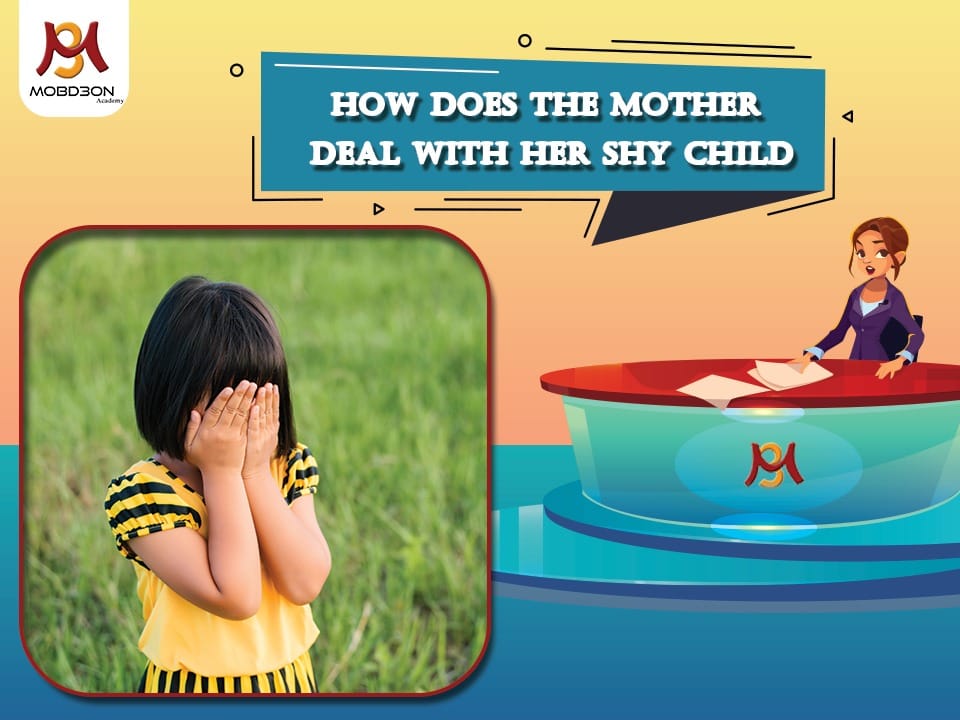
Find a great preschool. Shy children can blossom in the right environment. Try to choose a program that has a teacher-to-student ratio of no more than” 1:7 (state-mandated maximum ratios range from 1:7 to 1:20 for kids this age). Bring them to the new school several days before classes start, so they can meet the teachers and become familiar with the layout of the building. Let the teacher know about your child’s shyness, and together create a plan to make your child feel more at ease. Stay in close contact with the teacher during the school year so you can work with him to address any problems. Give your child time to prepare. In all situations, your child’s anxiety will decrease if he knows what to expect. A few days before a birthday party, for example, you might arrange to take your child to the friend’s house to meet the parents and hear about the schedule of events. Give him weeks to get ready for new experiences. “If he has to go to the dentist, you’ll drive by the office and point it out ahead of time,” says. “We’ll go inside the office the week before to help him feel more comfortable.”Listen patiently. Encourage your child to talk about his fears, and try to empathize with his experience without dismissing his concerns. You might say, “Feeling shy can be difficult” or “Sometimes I feel shy too.”Practice at home. Make a game out of acting out different scenarios with your child, such as meeting a new kid at school. Switch roles so your child can experience both sides of the social equation. He helps his friend practice what to do if another one wants to share his doll, for example, or if a rough boy tries to grab a toy he’s playing with. “The repetition of role-playing has helped his friend become much less fearful and intimidated,” he says. Replace pessimism. Shy behavior is often rooted in negative thought patterns (“The other kids won’t like me”) that cause self-doubt. Help your child reduce the critical messages in his mind by giving her positive reinforcement (“You played so nicely with that boy”) and encouraging him to remind himself that he’s doing okay.
Although we often think of shyness as a social handicap, shy children tend to grow up into sensitive, empathetic adults. “They have such a rich internal world,” Doctors say. “They spend time analyzing why people do the things they do, and they have wonderful imaginations.” In fact, some of our most popular performers, Finally, because shy children tend to be particularly keen observers of adult behavior, let your child see that you view socializing as a fun part of everyday life. Above all, be patient. Although helping your child feel at ease in new situations may take a little extra planning, the results will last a lifetime.

